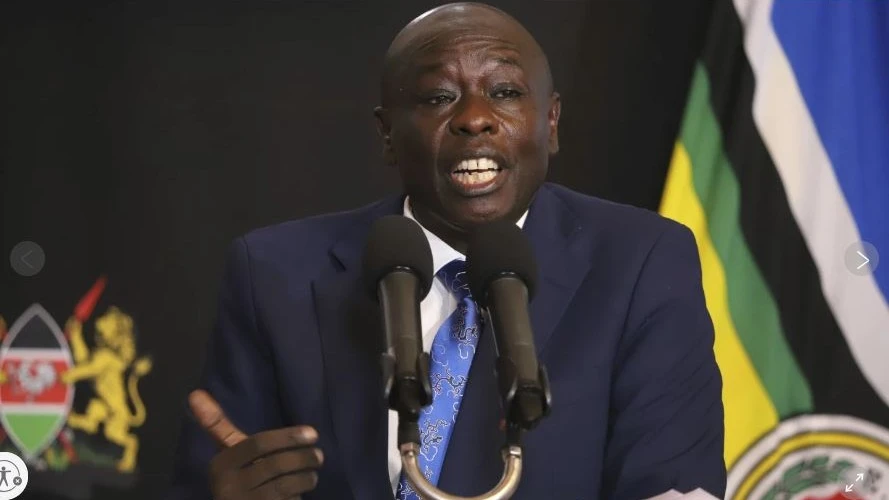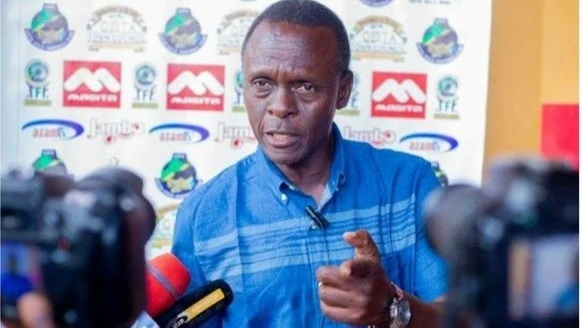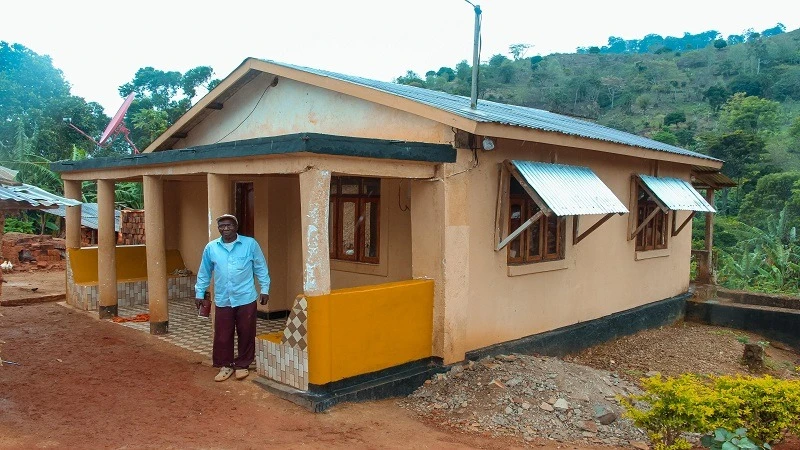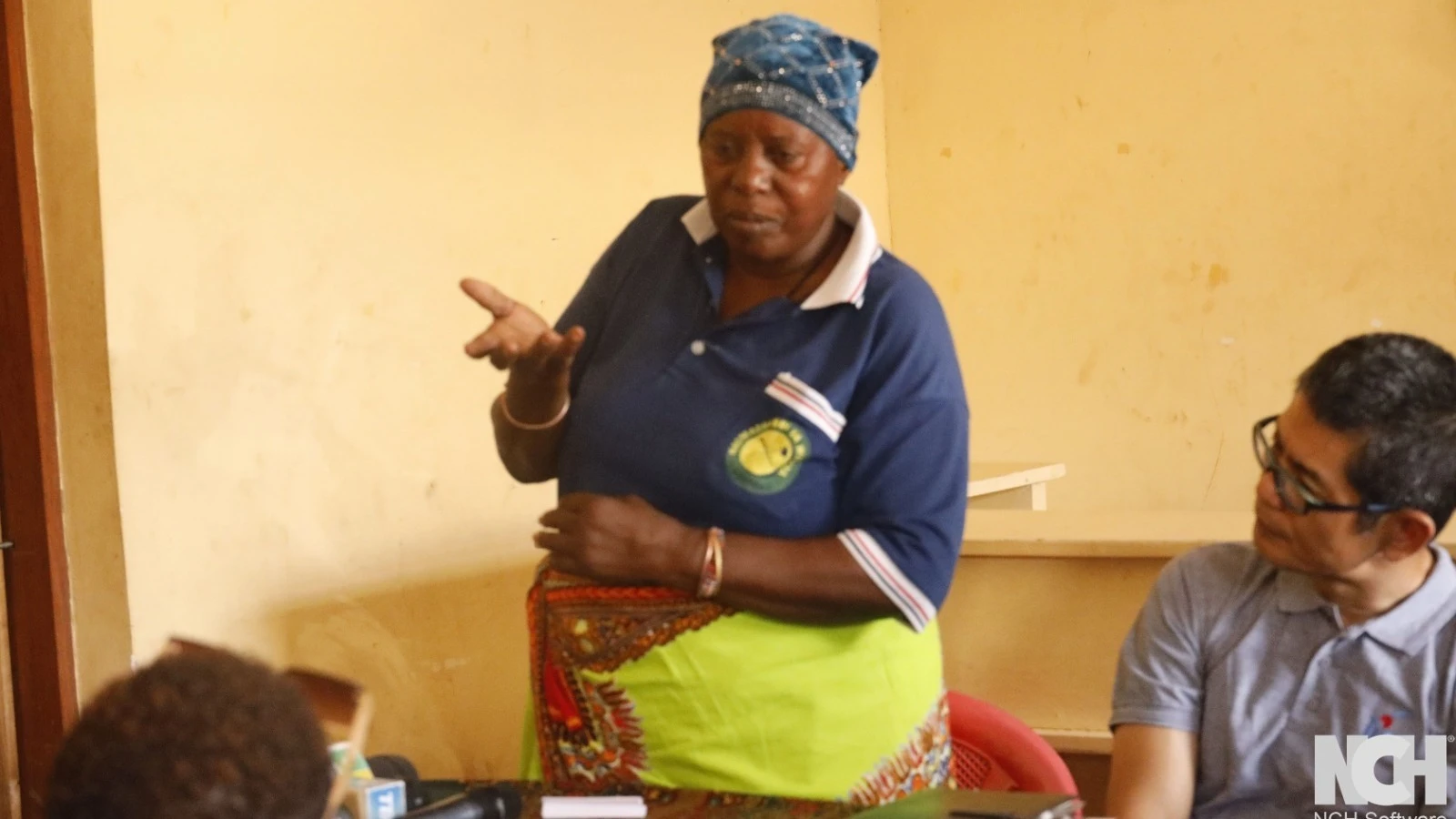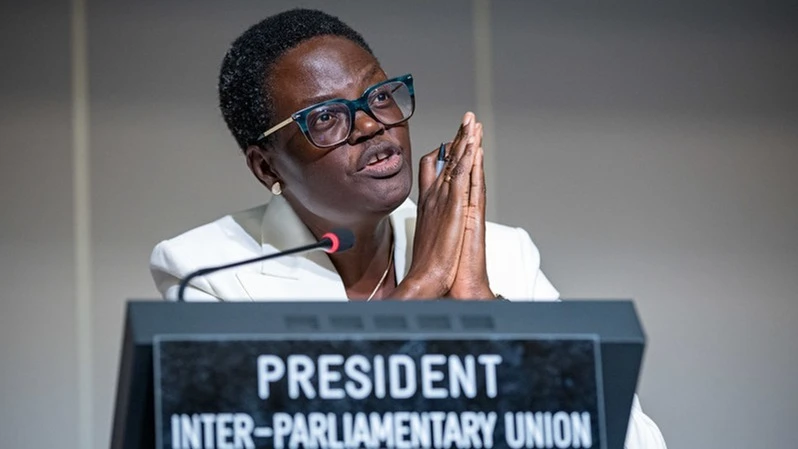Electronic systems help TRA to expanding revenue collections
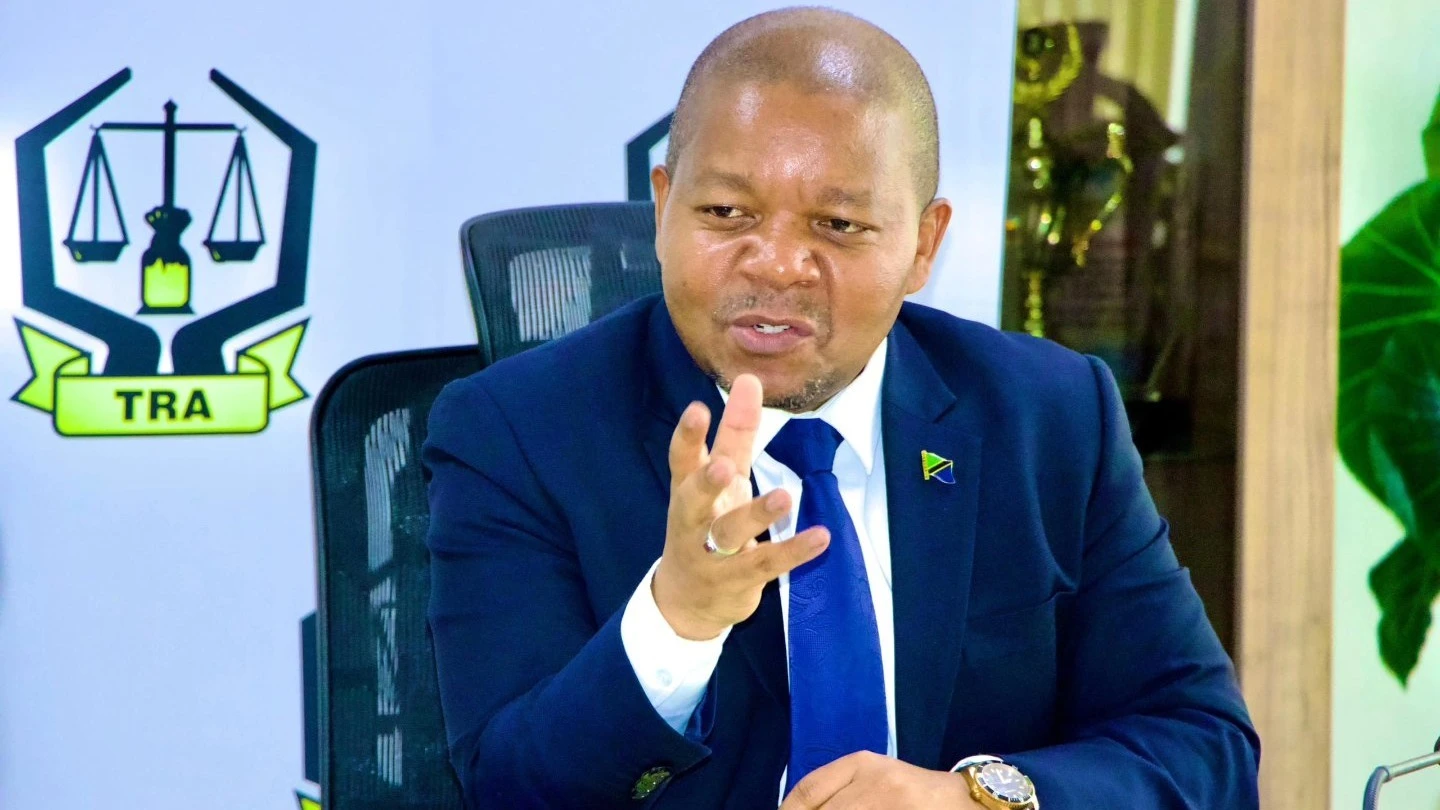
The Tanzania Revenue Authority (TRA) has credited its remarkable first-quarter revenue collection performance for the 2024/25 financial year to the effective use of advanced technology systems, specifically the Electronic Fiscal Devices (EFDs) and the Excise Tax Stamp (ETS) system.
Speaking in Dar es Salaam recently, TRA Commissioner General, Yusufu Mwenda (pictured) emphasized that these technologies were instrumental in helping the authority surpass its revenue collection targets.
The government had tasked TRA with collecting 29.415trn/- for the fiscal year, part of the national 49.3trn/- budget approved by Parliament in June.
This required the authority to collect an average of 2.45trn/- each month.
However, in the first three months of the financial year, TRA collected a total of 7.79trn/-, exceeding the target with an average monthly collection of 2.6trn/-.
Mwenda attributed the success to stricter oversight in the use of EFDs and the ETS system.
"These systems have significantly contributed to ensuring we meet and even exceed our targets," he explained.
Basically, EFDs track sales transactions, ensuring proper reporting and compliance by businesses, while the ETS system monitors excisable goods such as soft drinks, water, alcohol and tobacco among others, making it difficult for unscrupulous merchants to evade taxes.
He highlighted that during the first quarter, TRA surpassed its monthly targets, achieving 104 percent of its goal in both July and August.
In September, the performance rose to an impressive 105 percent, with collections hitting 3.18trn/-, marking a new record for a single month, excluding the traditionally high-collection month of December, which once saw 3trn/- collected.
He stressed that the introduction and effective enforcement of these technologies have played a critical role in minimizing tax evasion and ensuring more transparent tax processes.
Tanzania’s revenue optimization comes jointly with the renewal for an additional term of ETS system provider SICPA, which enhanced system of tax monitoring provides a sovereign, robust and state-of-the art program to TRA in order to support enforcement actions.
He added that the favourable policies treating taxpayers as partners, rather than adversaries, had also contributed to this success.
He further explained that TRA had strengthened its engagement with businesses, including initiatives like ‘Taxpayer Thursday,’ which allows taxpayers to raise their concerns and receive timely solutions.
"We are committed to listening to businesses and supporting them so they can thrive. This, in turn, helps expand the tax base," he noted, assuring business owners that TRA would continue fostering a conducive environment for business growth while enforcing tax compliance.
He also urged businesses that are not yet compliant with tax laws to register and start contributing their share, particularly those operating without Taxpayer Identification Numbers (TINs).
He reminded business owners that registering for a TIN is free and encouraged them to start paying taxes.
"We call on those running unregistered businesses to join the formal tax system and contribute to national development," he urged, emphasizing that TRA would step up its audits and inspections to identify those avoiding taxes.
In terms of contributions from large taxpayers, Mwenda highlighted that they have played a vital role in achieving the first-quarter revenue collection targets.
For his part, the Commissioner for Large Taxpayers, Michael Muhoja, revealed that approximately 43 percent of the total revenue collected by TRA came from large businesses.
"I would like to extend my gratitude to all large taxpayers for their cooperation. We have worked closely from July to September, and their commitment to adhering to the law has been essential to our success," Muhoja said.
Top Headlines
© 2024 IPPMEDIA.COM. ALL RIGHTS RESERVED











